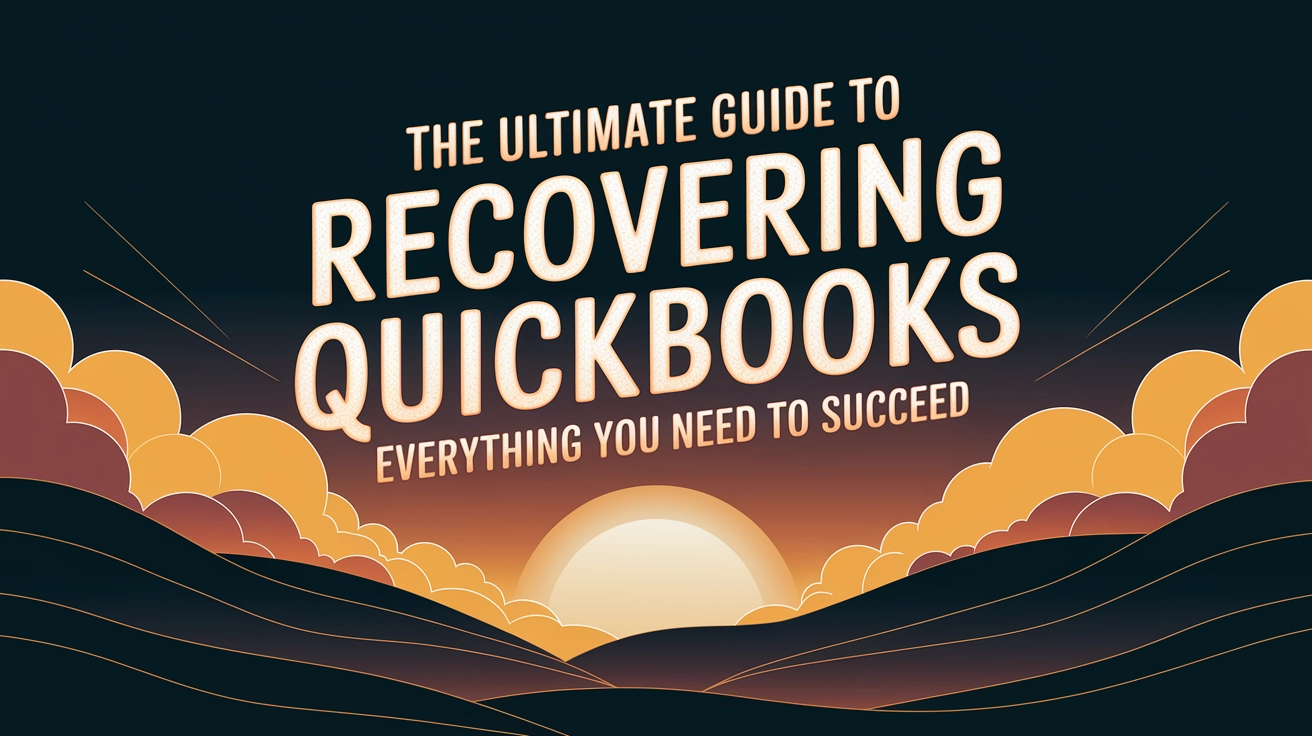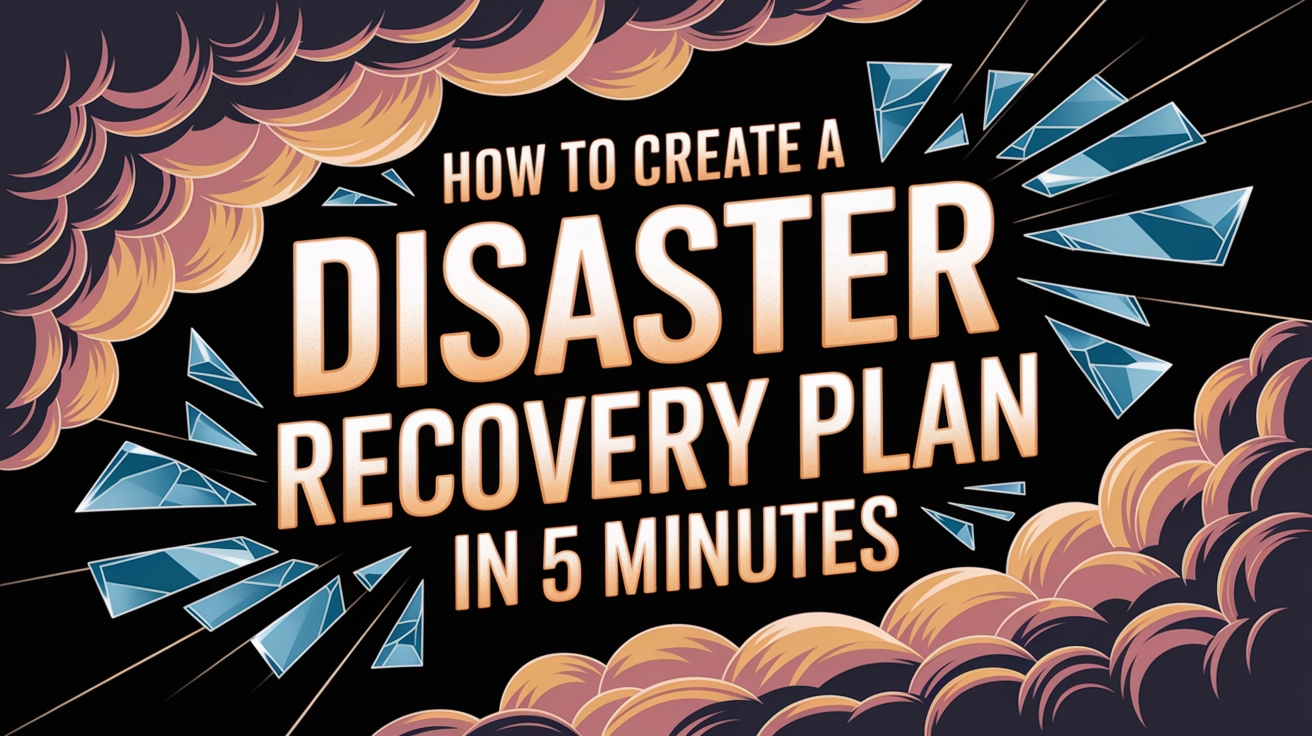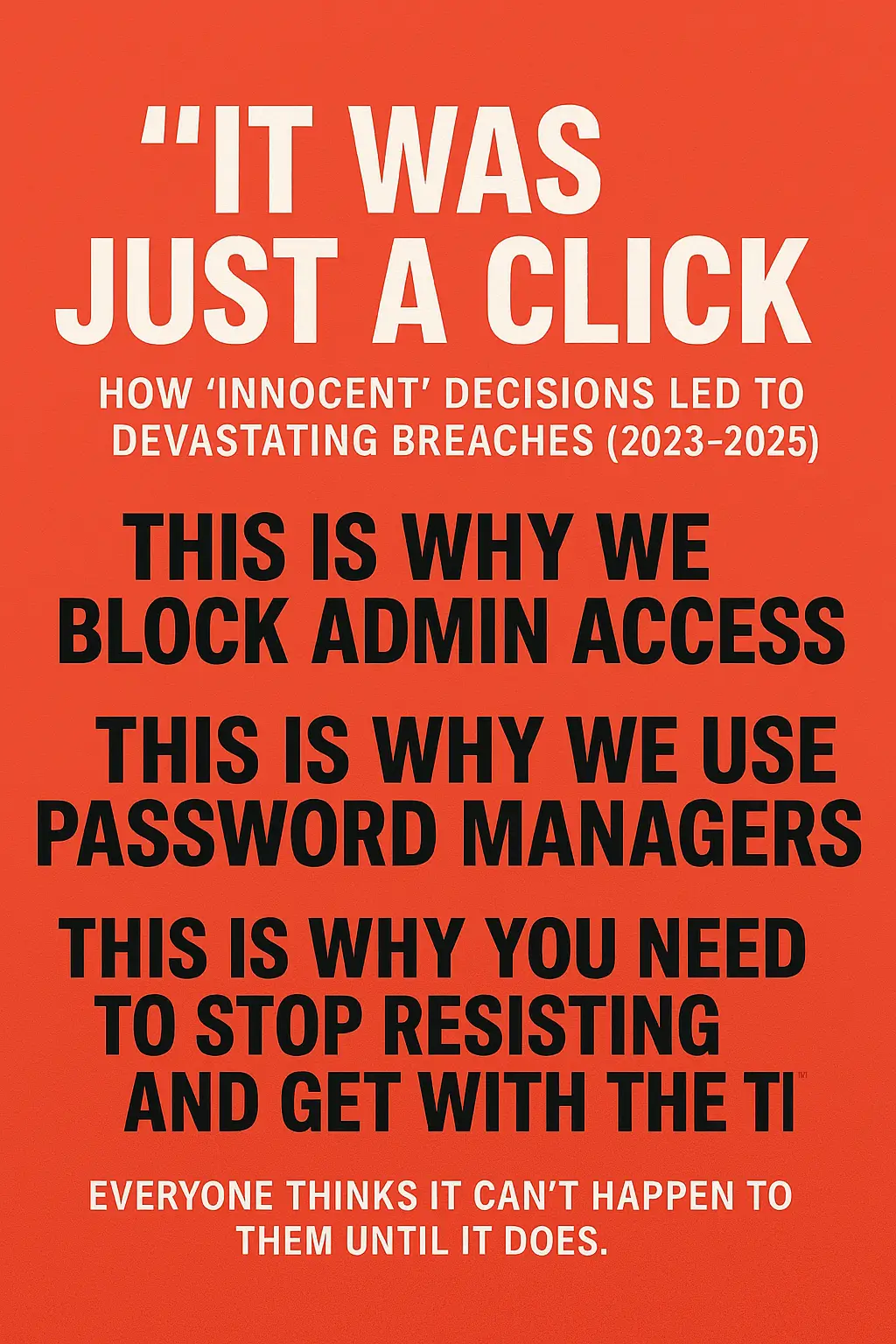Ever found yourself rushing to meet a deadline, waiting anxiously for responses, or feeling stressed about last-minute requests? You’re not alone. This guide will help you take control of your time and work more effectively with others.
Why Planning Matters
We’ve all been there – that moment when we need something urgently and hope others can drop everything to help. But with some forward thinking and the right tools, we can avoid most of these stressful situations. Here’s how to make that happen.
Essential Tools for Better Planning
Google Calendar: Your Best Friend
Make your calendar work for you:
- Block out focus time for important work
- Set your working hours so others know when you’re available
- Use appointment slots to make scheduling easier
- Turn on “speedy meetings” to give yourself breathing room between calls
- Color code different types of activities to spot patterns
Todoist: Your Personal Assistant
Keep track of everything without the stress:
- Create different projects for work, personal tasks, and goals
- Set up recurring reminders for regular tasks
- Use priority flags to focus on what’s most important
- Add time estimates to help plan your day
- Set realistic due dates
- Review your tasks weekly to stay on track
Reclaim.ai: Your Schedule Optimizer
Let automation help you:
- Schedule tasks around your meetings automatically
- Protect your focus time
- Keep personal and work calendars in sync
- Find meeting times that work for everyone
- Avoid back-to-back meetings
- Automatically schedule your Todoist tasks
Daily Tips for Better Time Management
Start Your Day Right
- Take 10 minutes each morning to review your calendar and tasks
- Group similar tasks together (like all your calls or focused work)
- Leave gaps between activities – things often take longer than expected
- Plan for unexpected issues
Quick Wins
- If something takes less than two minutes, do it now
- Keep a running list of small tasks for when you have brief gaps
- Use templates for common emails or responses
- Keep your calendar up to date
Working with Others
When You Need Help:
- Use scheduling links when available – it’s faster than email back-and-forth
- Give people advance notice when you need their time
- Be clear about deadlines and priorities
- Have backup contacts for urgent situations
When Others Need You:
- Let them know your typical response times
- Share your scheduling link
- Keep your availability current
- Document common processes others might need
Planning Ahead for Success
Project Planning
- Break big tasks into smaller pieces
- Set personal deadlines earlier than final deadlines
- Schedule check-ins to catch issues early
- Keep track of dependencies on others
Building Good Habits
- Regular project reviews
- Weekly planning sessions
- Daily priority checks
- Buffer time for unexpected issues
Making It All Work
Remember:
- Everyone’s time is valuable – including yours
- Most urgent situations can be prevented with planning
- Clear communication reduces stress for everyone
- Good planning leads to better work and less stress
Getting Started Checklist
- Set up your calendar with working hours and focus time
- Create your task management system
- Share your scheduling link with frequent collaborators
- Set up your automated scheduling tools
- Create templates for common responses
- Schedule your first weekly review
- Start blocking focus time for important work
Tips for Busy Times
When things get hectic:
- Prioritize ruthlessly
- Communicate early if you need help
- Use your tools consistently
- Take breaks to stay effective
- Keep your calendar and task list updated
The goal isn’t perfection – it’s progress. Start with one or two changes and build from there. As you develop better planning habits, you’ll find work becomes more manageable and less stressful.
Remember: Good planning isn’t about restricting flexibility – it’s about giving yourself the space to do your best work and collaborate effectively with others.








